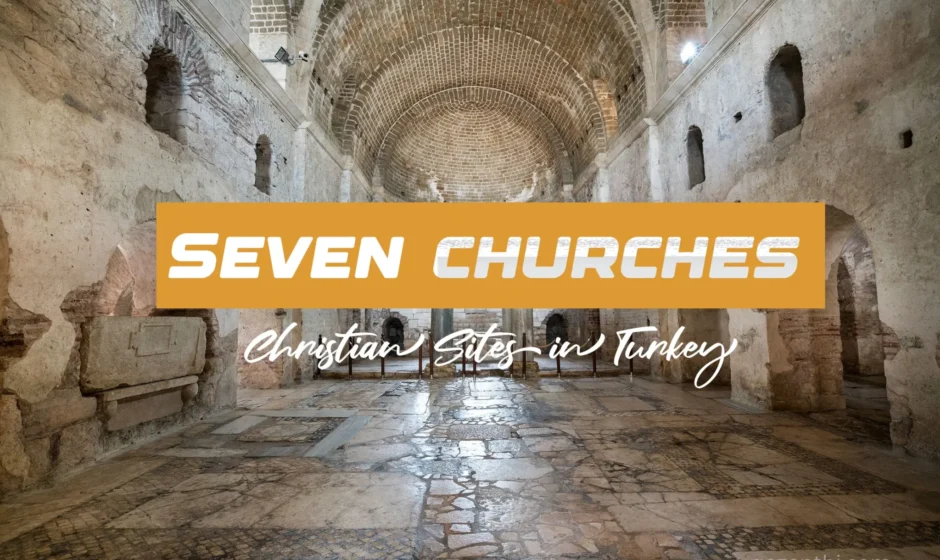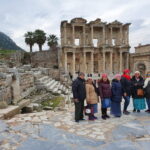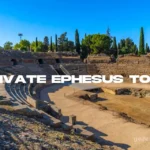The seven churches of Revelation, also known as the seven churches of Asia, refer to seven major churches in Asia Minor (modern-day Turkey) that are mentioned by name in the book of Revelation in the Bible. These churches – Ephesus, Smyrna, Pergamon, Thyatira, Sardis, Philadelphia and Laodicea – were actual places of worship that existed in the first century AD when the book of Revelation was written. Although they were literal churches at that time, they are also representative of different types of churches that exist throughout history. Revelation chapters 2-3 contain messages from Christ to each of the seven churches. These messages both commend and rebuke the churches, and also contain prophetic visions of things to come. The seven churches illustrate conditions that all churches of all ages will face. By examining their strengths and weaknesses, the church today can learn valuable lessons about faithfulness to Christ. The messages to the seven churches provide lasting guidance for Christians as they await Christ’s return. For this reason, the seven churches have great spiritual significance for Christianity.
Ephesus
Ephesus was one of the largest cities in ancient Greece and one of the seven churches mentioned in the Book of Revelation in the Bible. Located on the coast of Ionia, Ephesus was an important early Christian city where the Apostle Paul preached and taught during his missionary journeys. It was also home to one of the Seven Wonders of the Ancient World, the Temple of Artemis, a massive pagan temple dedicated to the Greek goddess Artemis. The temple was destroyed in 401 AD. As one of the largest cities in the Mediterranean during the Roman period, Ephesus played an important role in the spread of early Christianity.
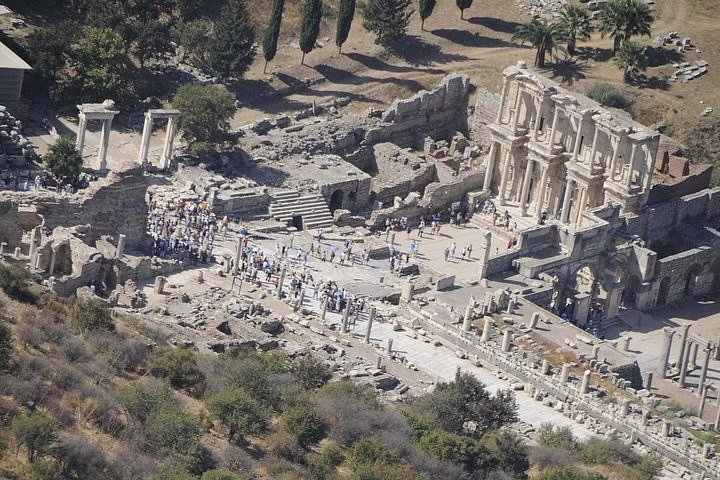
Smyrna
Smyrna was another of the seven churches mentioned in Revelation. Located 35 miles north of Ephesus, Smyrna was an important port and trading centre in Asia Minor. There is evidence of early Christian martyrdom in Smyrna. According to tradition, the Apostle John taught Polycarp, Bishop of Smyrna, and Polycarp was later martyred there for his faith around 155 AD. At the time of the writing of Revelation, Christians in Smyrna were suffering poverty and persecution from some of the Jewish residents and the Roman government.
Today, Smyrna (known as Izmir in modern Turkey) is a city where many Christians live actively. It is the centre of a Greek Orthodox and a Roman Catholic archdiocese, as well as several Protestant churches.
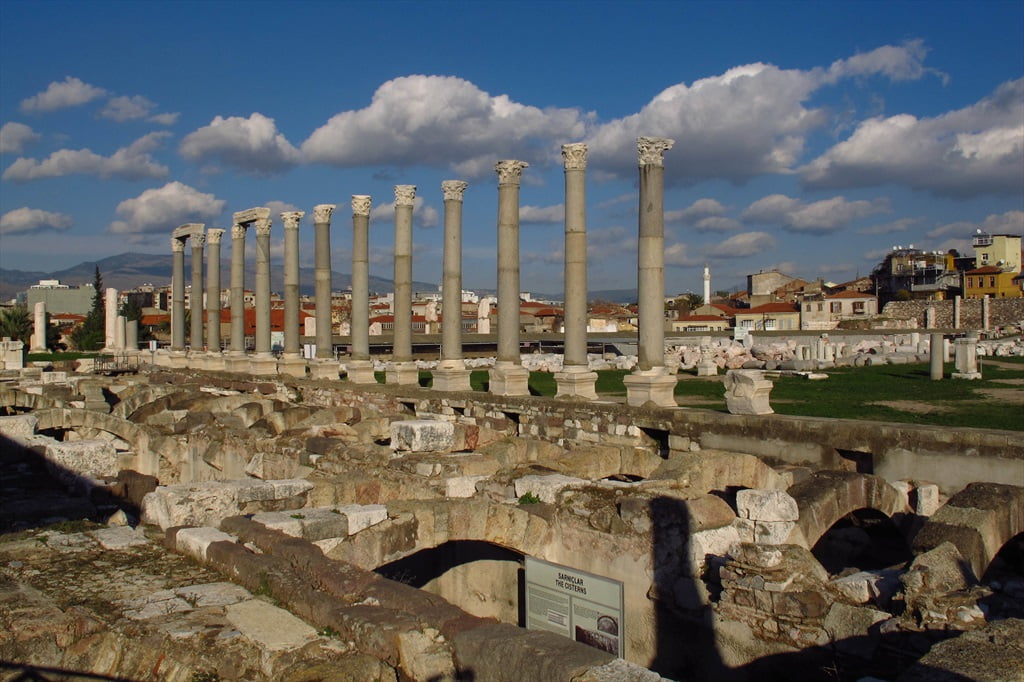
Pergamon
Pergamon was one of the seven churches mentioned in the Book of Revelation. It was an important cultural centre in ancient times and had a large library. Pergamon was the site of a temple to Zeus, which is referred to in Revelation as “Satan’s throne”.
Revelation indicates that the church at Pergamon was struggling with pagan influences and needed to repent. But Jesus also praised the church for remaining faithful even when one of its members was killed. The Christian community at Pergamon had to resist pressure from the surrounding pagan culture to compromise their faith. The church was admonished to turn away from heresy and immorality.
Today, Pergamon is an archaeological site in modern Turkey. The ruins include the remains of the great library and the temple of Zeus. While the Christian community faded over time, Pergamon remains significant as one of the seven churches mentioned in Revelation, which faced spiritual struggles that are still relevant today.
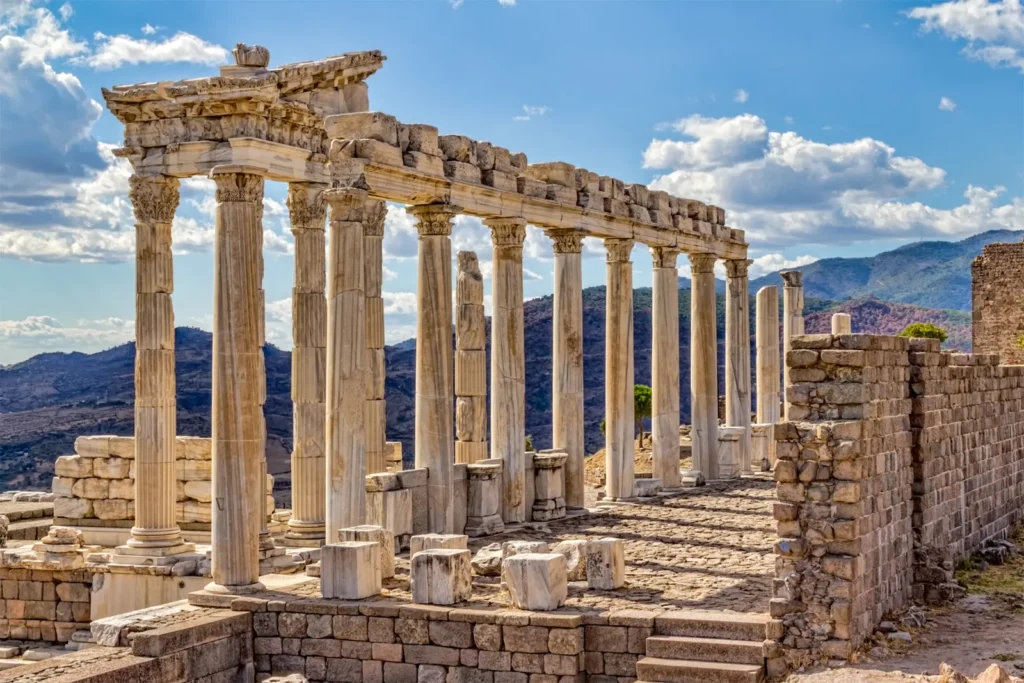
Thyateira
Located in western Anatolia, the ancient city of Thyateira was home to many guilds and craftsmen in ancient times. Although one of the lesser known of the seven churches mentioned in Revelation, Thyateira had an early Christian presence dating back to the 1st century AD.
The Acts of the Apostles mentions a woman called Lydia from Thyateira who was a trader in purple cloth. She met the Apostle Paul in Philippi and became an early convert to Christianity (Ac 16:14-15). By the 2nd century AD, Thyateira had a bishop and an organised Christian community.
The city remained an important centre of Christianity in the region for several centuries. Although not as prominent today, the ancient heritage of Thyateira represents a significant chapter in early Christian history in Asia Minor.
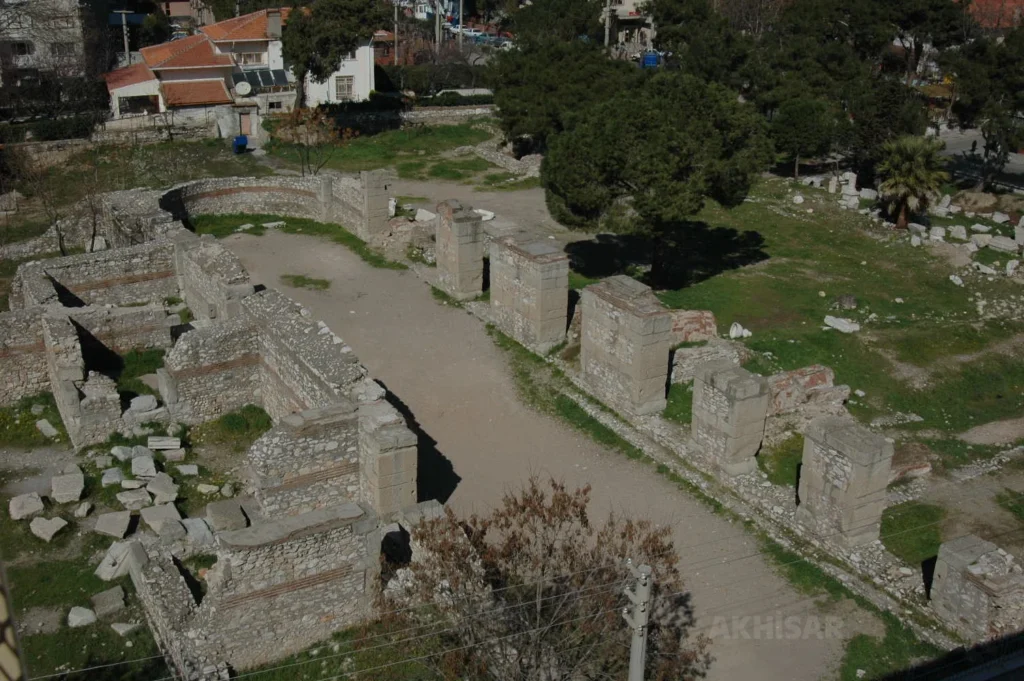
Sardes
Sardis was another of the seven churches addressed in Revelation (Revelation 3:1-6). Located about 30 miles south-east of Thyatira, Sardis was the capital of the ancient Lydian kingdom. The city sat on a steep hill and was thought to be almost impregnable. At one time, Sardis controlled most of western Asia Minor. A wealthy city, it became famous for its textiles, arts and crafts. The early Christian community in Sardis received a stern admonition from the risen Christ: “I know your deeds; you have a reputation of being alive, but you are dead. Wake up, and strengthen what remains and is about to die, for I have not found your deeds complete in the sight of my God”(Revelation 3:1-2). The Church of Sardis had apparently become complacent. They maintained a form of godliness, but lacked spiritual power and zeal. Their busy activities masked their inner spiritual weakness and lifelessness. Like the city itself, the church in Sardis was outwardly impressive, but vulnerable to attack.
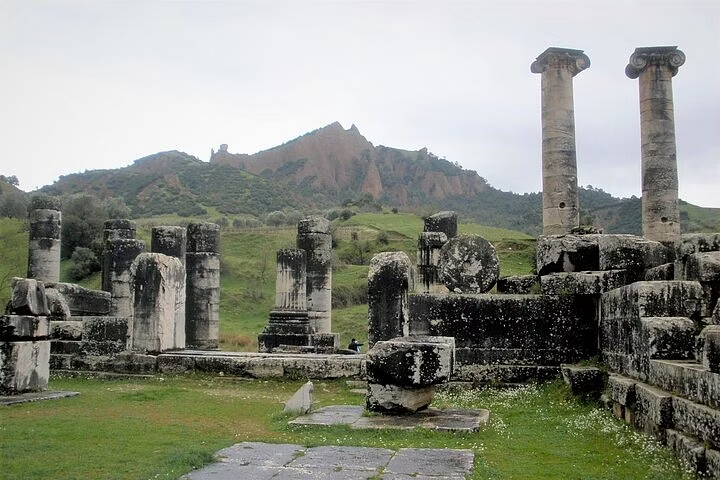
Philadelphia
According to Revelation 3:7-13, Philadelphia is one of the seven churches addressed in Revelation. Located in western Anatolia (modern day Turkey), Philadelphia suffered from frequent earthquakes in antiquity due to its proximity to fault lines. Despite these trials, the church is praised in Revelation 3:8 for persevering and remaining faithful: “I know that you have little strength, yet you have kept my word and have not denied my name.”
Philadelphia was a relatively small town and did not have the same prestige or history as some of the other cities like Ephesus and Smyrna. However, Christ still had an open door for the church there to spread the gospel despite their limited resources. He encouraged them to “hold fast to what you have” (Revelation 3:11), showing that faithfulness was more important than power or numbers. The church’s perseverance made it a model for other struggling churches.

Laodicea
Laodicea was the last of the seven churches mentioned in the Book of Revelation (Revelation 3:14-22). It was located in the valley of the River Lycus in the province of Phrygia, in what is now western Turkey. Laodicea was known as a wealthy city at the crossroads of several important trade routes. The city was famous for its banking industry, textile manufacturing, and the production of a lustrous black wool that was prized throughout the Roman Empire.
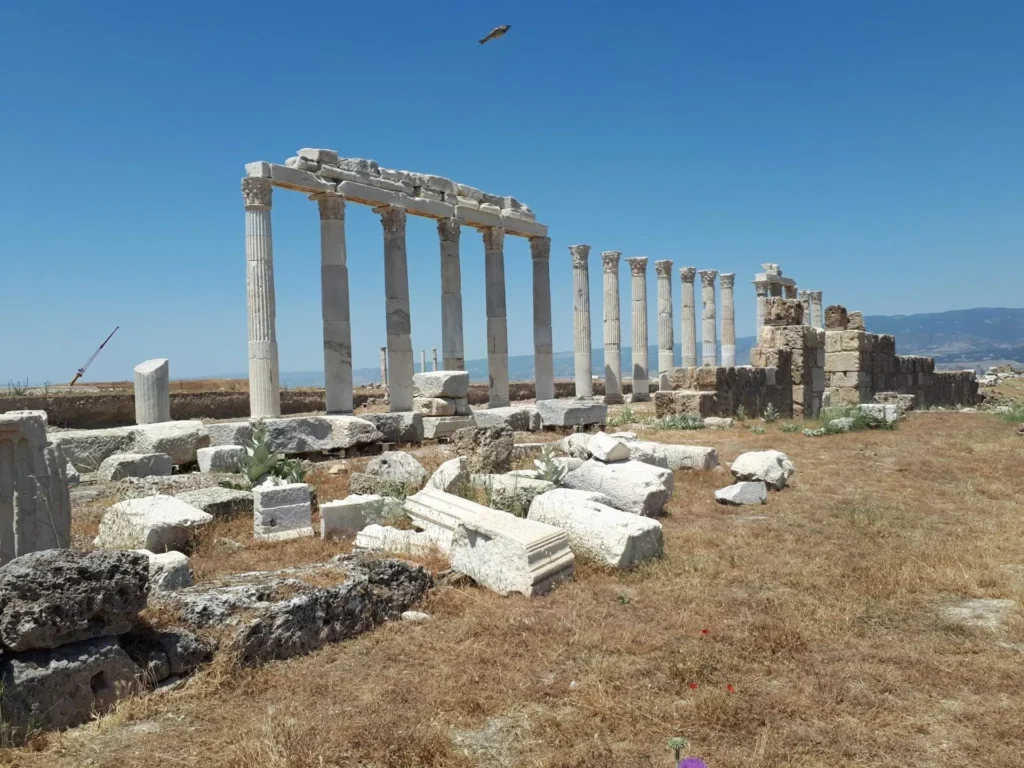
However, in Revelation 3:14-22, the Church of Laodicea was admonished for its spiritual apathy and urged to be zealous and repent. Jesus said to the Laodiceans: “I know your deeds, that you are neither cold nor hot. I wish you were either one or the other!” (Revelation 3:15). He chastised them for believing that they were rich and self-sufficient when spiritually they were “wretched, miserable, poor, blind and naked” (Revelation 3:17). This stern warning illustrates that material wealth is not the same as spiritual wealth. Despite its prosperous economy, the Church of Laodicea was spiritually lukewarm.


